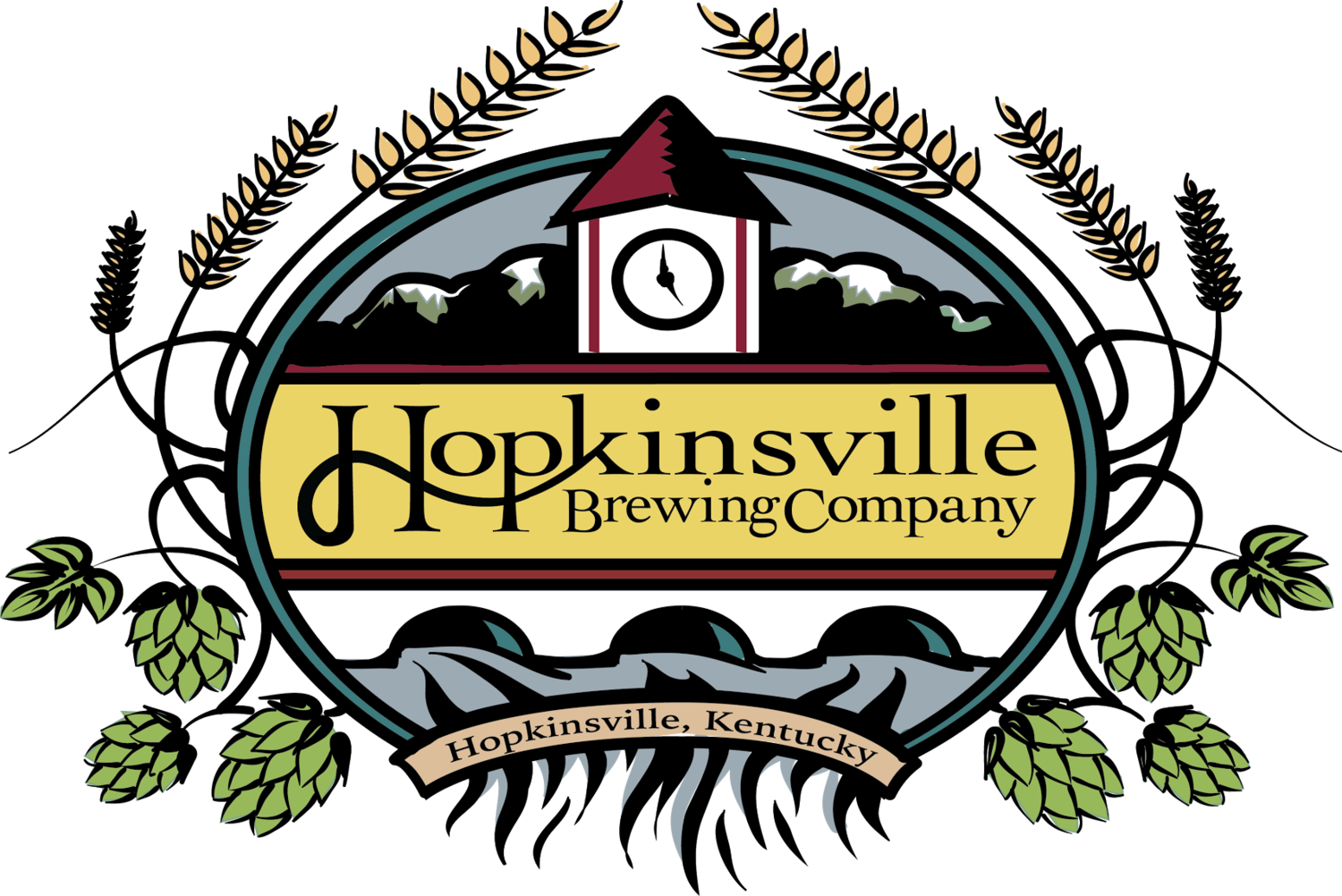The turn of the twentieth century was a dark time in America. The Women's Christian Temperance Union, which had been promoting Prohibition for many years, believed alcohol was the cause of many, if not all, social ills. Mistruths like this were spread. Lines were drawn. Bars and taverns were vandalized. People were killed. On January 16th, 1919, Congress passed the Eighteenth Amendment, outlawing alcohol and ostensibly putting an end to drunkenness, crime, mental illness, and poverty.
Ironically, America's thirst for alcohol increased during Prohibition, and organized crime rose up to replace formerly legal methods of production and distribution. While proponents of Prohibition argued that the amendment would be more effective if enforcement were increased, respect for the law diminished and drunkenness, crime and resentment towards the federal government ran rampant.
Over the course of the next thirteen years, support for Prohibition waned as the nation awoke to the widespread problems Prohibition had caused. The number of repeal organizations — many of which were comprised of former Prohibitionists — increased, and in 1932 Franklin Delano Roosevelt ran for President on a platform that included the repeal of Prohibition.
On December 5th, 1933, Utah, the final state needed for a three quarters majority, ratified the 21st Amendment, repealing Prohibition and restoring the American right to a celebratory drink. While the amendment still allowed for state and local levels of Prohibition, by 1966 there were no state laws banning alcohol.
